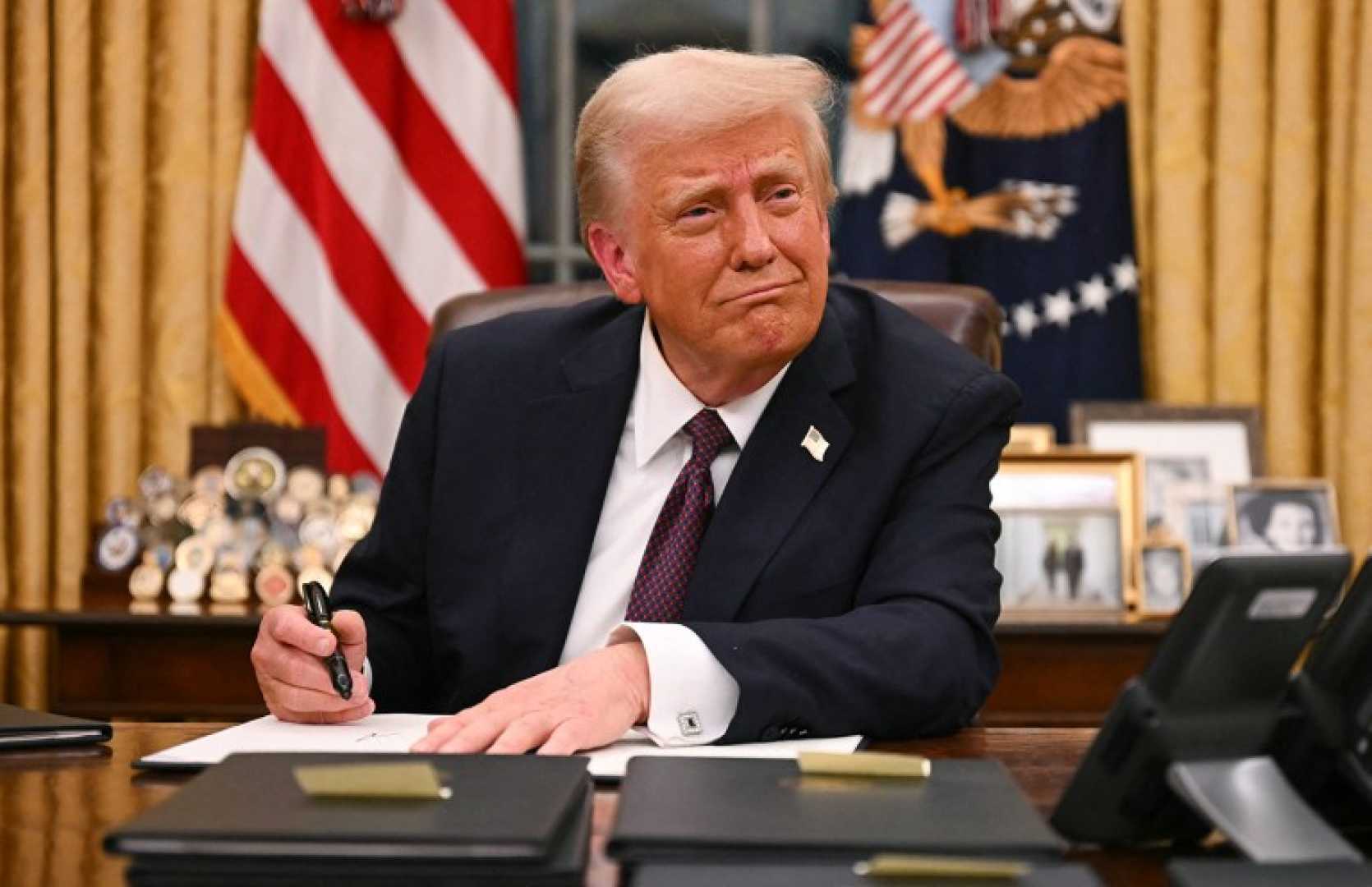Politics
Trump’s First 48 Hours: Executive Orders, Immigration Crackdown, and Controversial Pardons

WASHINGTON, D.C. — President Donald Trump wasted no time in his second administration, signing a flurry of executive orders and memorandums within his first 48 hours in office. The actions, which range from immigration crackdowns to controversial pardons, signal a sharp shift in policy direction and have already sparked legal challenges and public debate.
On Monday, Jan. 20, 2025, Trump signed multiple executive orders, including one declaring a national emergency at the U.S.-Mexico border. The order allows the use of military personnel for border enforcement and suspends the U.S. Refugee Admission Program pending a 90-day review. Another order redefines birthright citizenship under the 14th Amendment, a move that has already been challenged in federal court.
Trump also prioritized the construction of a border wall and directed the Department of Homeland Security to establish task forces in all 50 states to combat criminal cartels and transnational organizations. “We are taking decisive action to secure our borders and protect American citizens,” Trump said during a press briefing at the White House.
In addition to immigration measures, Trump issued pardons for several individuals convicted in connection with the Jan. 6, 2021, Capitol riot. Among those pardoned were Stewart Rhodes, founder of the Oath Keepers, and Enrique Tarrio, former leader of the Proud Boys. Both were serving lengthy sentences for seditious conspiracy. The pardons have drawn sharp criticism from lawmakers and law enforcement officials. “This is a slap in the face to the rule of law,” said Rep. Don Beyer (D-Va.), whose district includes several Capitol Police officers injured during the riot.
Trump also took steps to roll back diversity, equity, and inclusion (DEI) initiatives across federal agencies. An executive order signed Tuesday eliminates DEI offices and requires agencies to report on previous DEI efforts. “We are ending divisive policies that have no place in our government,” Trump said.
On the international front, Trump re-designated Yemen‘s Houthi rebels as a terrorist organization, reversing a decision made by the Biden administration in 2021. The move comes amid ongoing Houthi attacks on shipping vessels in the Red Sea, which have disrupted global trade. “The Houthis pose a direct threat to U.S. interests and our allies,” said Secretary of State Marco Rubio, who was confirmed by the Senate on Monday.
Trump’s rapid-fire actions have set the tone for his second term, but they have also raised concerns about the potential for overreach. Legal challenges to the birthright citizenship order are already underway, and immigration advocates have vowed to fight the administration’s crackdown on asylum seekers. “These policies are cruel and unconstitutional,” said Karen Tumlin, director of the Justice Action Center, a legal advocacy group.
As Trump continues to implement his agenda, the nation braces for what promises to be a contentious and polarizing four years.












